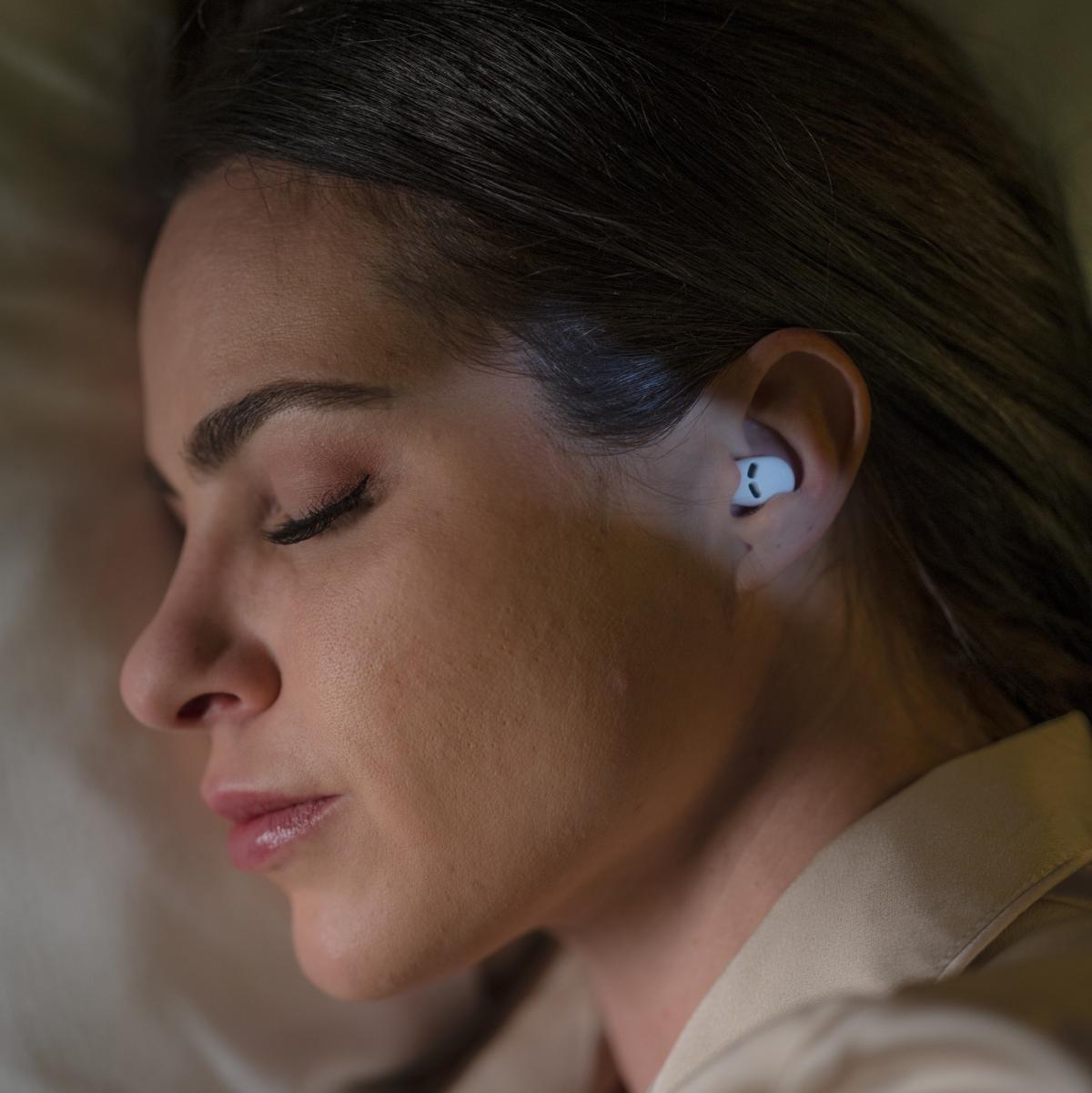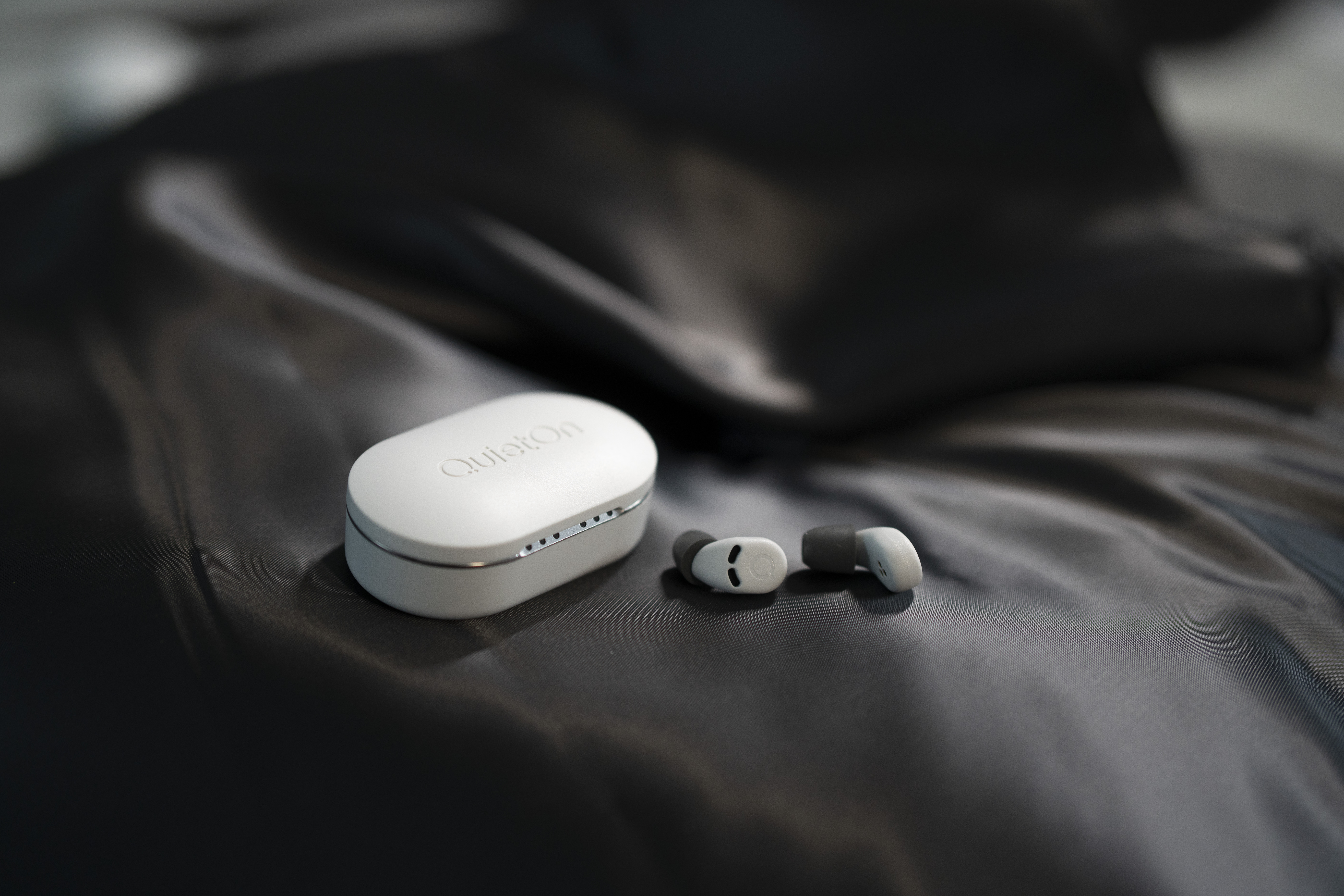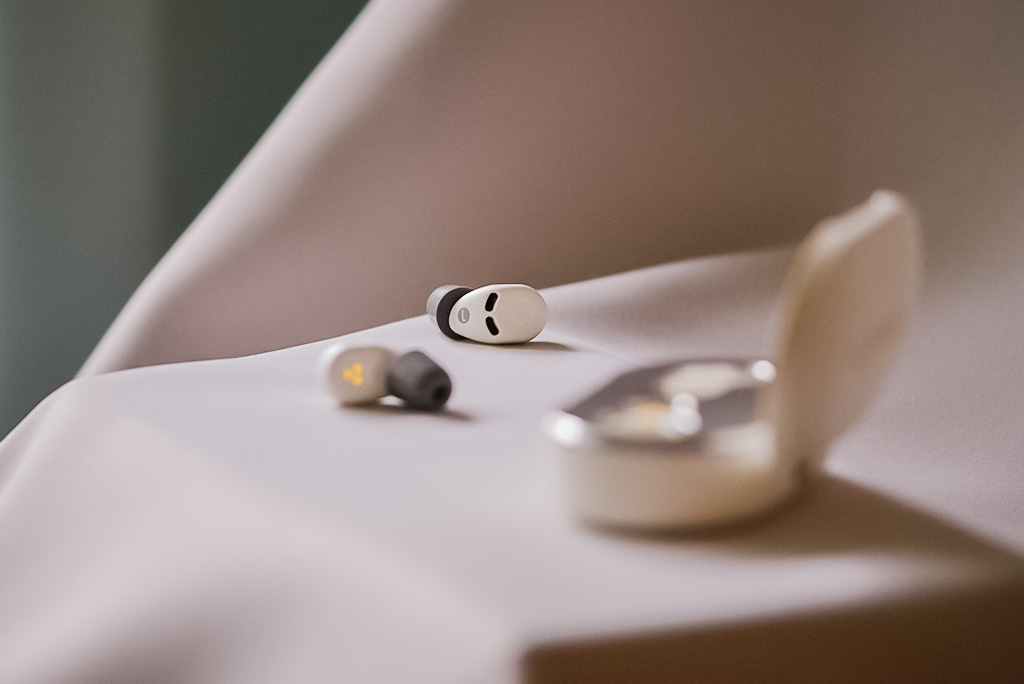Your cart is currently empty!
Deep Sleep – Stages of Sleep
Deep sleep, also known as slow wave sleep, plays an important role in our overall health and not getting enough can have some unwanted side effects. Read more about the benefits of slow wave sleep and how to improve your sleep quality.

Deep sleep: How much deep sleep do you need?
When you sleep, you go through different stages of sleep. These constitute a single sleep cycle that lasts around 90 minutes. You will experience 3-5 sleep cycles each night, each lasting longer than the previous one.
The fourth and final stage of the sleep cycle is REM sleep, named after the rapid eye movement that takes place. Light sleep and the following deep sleep stage are defined as NREM sleep or non-rapid eye movement sleep.
How much deep sleep is enough?
Overall, you should be getting about 7 to 9 hours of sleep each night. Some people can function with less, but they are in a small minority. Out of the 7-9 hours you spend sleeping, about 25 % is deep sleep.
The reason deep sleep is also known as slow wave sleep is that this stage is characterized by long so-called delta waves. Deep sleep is particularly important for recovery and repair because of the human growth hormone that gets released during this stage of the sleep cycle.
What happens if you do not get enough slow wave sleep?
Not getting enough deep sleep will make learning, focusing and other cognitive tasks much harder the next day. You will also feel groggy after a night of too little deep sleep and crave more unhealthy foods than usual. Getting enough deep sleep supports a healthy immune system and helps combat certain conditions, such as obesity, diabetes, cardiovascular disease and even Alzheimer’s disease.
How to get more deep sleep?
One of the best ways to ensure you are getting enough deep sleep is taking care of your sleep quality and aiming for at least the recommended minimum of 7 hours per night. If you suffer from sleep deprivation, you are not going to get enough deep sleep either.
Here are some tips for falling asleep and getting more deep sleep.
- Exercise during the day.
- Sleep in a dark and comfortable environment.
- Avoid blue light-emitting screens close to bedtime.
- Do not drink caffeinated beverages or alcohol before going to sleep.
- Establish a consistent sleep schedule.
- Take a warm bath before tucking in for the night.
Block out distracting sounds and improve your sleep
One way to get more deep sleep is by getting more uninterrupted sleep overall. However, this is often easier said than done with snoring partners and other sounds that can make it difficult to fall and stay asleep. QuietOn’s noise-canceling earbuds can help you by blocking out distracting sounds that can get in the way of getting enough deep sleep.
Try out the industry-leading QuietOn 3.1 noise-canceling earbuds designed for sleeping. Make sure to also read more about sleep in our blog, including articles about REM sleep, snoring and sleep technology.






